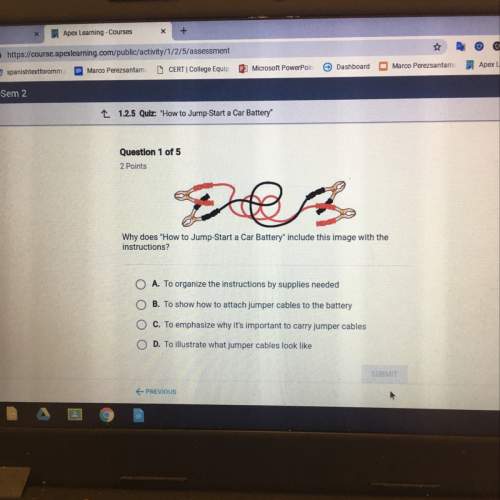
English, 07.02.2021 04:50 corvettapj6583
Read Shakespeare's "Sonnet 130.”
My mistress' eyes are nothing like the sun; Coral is far more red, than her lips red: If snow be white, why then her breasts are dun; If hairs be wires, black wires grow on her head. I have seen roses damask'd, red and white, But no such roses see I in her cheeks; And in some perfumes is there more delight Than in the breath that from my mistress reeks. I love to hear her speak, yet well I know That music hath a far more pleasing sound: I grant I never saw a goddess go,— My mistress, when she walks, treads on the ground: And yet by heaven, I think my love as rare, As any she belied with false compare.
What is the central idea of the second quatrain?
A) The speaker gives his mistress roses and perfume.
B) The speaker’s mistress is like a rose—beautiful and fragrant.
C) His mistress’s cheeks are not pink, and her breath is not sweet.
D) Roses do not look and smell as sweet as the speaker’s mistress

Answers: 3


Other questions on the subject: English

English, 22.06.2019 00:30, ariloveshorses
What causes cassius to delay killing caesar? a. the crowds around caesar b. a violent storm c. brutus’s reluctance d. the disorganization it the resistance
Answers: 2

English, 22.06.2019 05:00, kamber3728
What is a mechanism by which organisms maintain homeostasis when the level of one substance influences the level of another substance or the activity of an organ.
Answers: 1


English, 22.06.2019 09:20, donny34
In the diary of anne frank, the characters feel sadness after reading the hopeful message written on the cake. which theme does this best illustrate? peace is often most appreciated after it has been lost. wartime is capable of bringing out the worst in people. it is important to have someone in whom to confide. sharing difficult experiences can strengthen friendships
Answers: 3
You know the right answer?
Read Shakespeare's "Sonnet 130.”
My mistress' eyes are nothing like the sun; Coral is far more red,...
Questions in other subjects:



Physics, 19.11.2019 14:31



Mathematics, 19.11.2019 14:31

Biology, 19.11.2019 14:31



Mathematics, 19.11.2019 14:31




